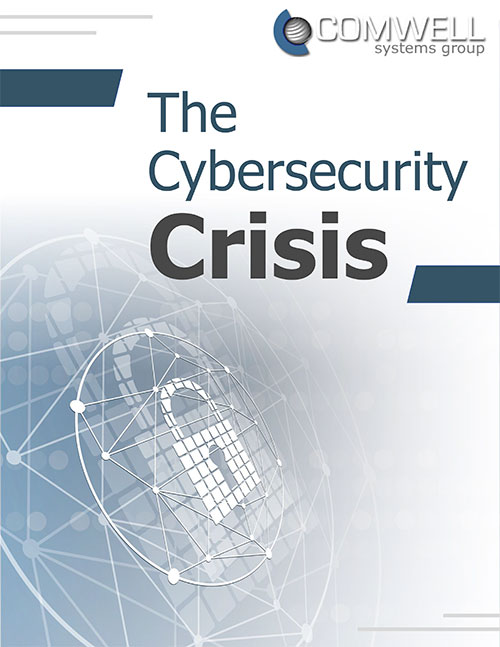
Artificial intelligence (AI) tools like ChatGPT, Google Gemini, and Microsoft Copilot are transforming how Vancouver businesses operate, streamlining content creation, customer service, meeting summaries, and even coding. But while AI can be a powerful productivity booster, it also introduces serious cybersecurity risks if not used responsibly.
Even small businesses aren’t immune. In fact, they’re often the most vulnerable.
The Real Risk Isn’t AI, It’s How You Use It
The danger doesn’t lie in the technology itself, but in how employees interact with it. When staff copy and paste sensitive data into public AI tools, that information may be stored, analyzed, or even used to train future models. That means confidential business data could be exposed, without anyone realizing it.
In 2023, Samsung engineers accidentally leaked internal source code into ChatGPT. The breach was so serious that Samsung banned public AI tools altogether.
Now imagine the same thing happening in your Vancouver office. An employee pastes client financials or medical records into ChatGPT to “get help summarizing,” unaware of the risks. In seconds, private data is exposed.
A New Threat: Prompt Injection
Hackers are now exploiting a technique called prompt injection. They embed malicious instructions inside emails, PDFs, transcripts, even YouTube captions. When an AI tool processes that content, it can be tricked into revealing sensitive data or performing unauthorized actions.
In short, the AI becomes an unknowing accomplice.
Why Vancouver’s Small Businesses Are Especially At Risk
Most small businesses don’t have formal policies around AI use. Employees adopt tools on their own, often with good intentions but little understanding of the risks. Many assume AI tools are just smarter versions of Google, not realizing that what they paste could be stored, or seen, by someone else.
Without clear guidelines or oversight, your business could be training AI to leak your own data.
4 Steps to Protect Your Business
You don’t need to ban AI, but you do need to manage it. Here’s how:
- Create an AI Usage Policy
Define which tools are approved, what data should never be shared, and who to contact with questions. - Educate Your Team
Train employees on the risks of public AI tools and how threats like prompt injection work. - Use Secure, Business-Grade Platforms
Tools like Microsoft Copilot offer better control over data privacy and compliance. - Monitor AI Usage
Track which tools are being used and consider blocking public AI platforms on company devices if needed.
The Bottom Line
AI is here to stay. Businesses that learn to use it safely will thrive. Those that ignore the risks? They’re opening the door to hackers, compliance violations, and costly data breaches.
Let’s make sure your AI usage isn’t putting your business at risk.
Book a FREE consultation today and we’ll help you build a smart, secure AI policy, without slowing your team down.




